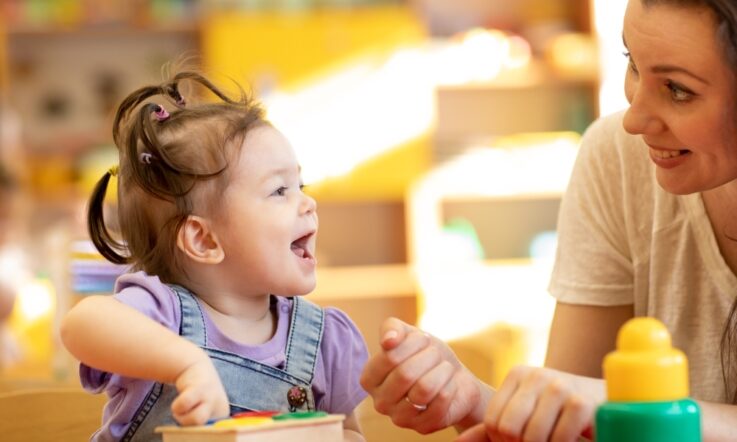Welcome to this month's edition of Researching education: 5 further readings. In this series, we take a look at some further readings available on a particular topic, including open access research papers from various online databases, and Teacher archive content you might not have come across yet.
In our most recent annual reader survey, many of you told us you’d like more content from us to help you support the wellbeing of your students. You also let us know you’d like more content on inclusivity.
With research showing gender diverse young people who don’t have a supportive and inclusive environment are more at risk of experiencing abuse and poor educational outcomes, we know that supporting these students is an important element to building an inclusive learning environment in schools. In this edition of Researching education: 5 further readings, we share 5 readings on the topic of gender diversity from researchers in Australia and overseas.
- Trans/gender-diverse students’ perceptions of positive school climate and teacher concern as factors in school belonging: Results from an Australian national study. In this recently published paper, results from 685 survey responses from gender and sexuality diverse students in years 7-12 across Australia, are analysed. ‘Multiple regression analyses revealed the influence of an accepting and supportive schooling environment for gender and sexuality diversity on trans/gender-diverse students’ sense of school belonging,’ the report’s author, Dr Jacqueline Ullman from Western Sydney University, writes. The report focuses on data from the 2021 Free2Be...Yet? Australian national online survey. If you’re interested in reading more, we spoke with Dr Ullman last year about this 2021 study in detail.
- Towards creating inclusive environments for LGBTIQ-parented families in early childhood education and care settings: A review of the literature. This literature review identified key influences on the lived experiences of LGBTIQ (lesbian, gay, transgender, intersex and queer) parents of children enrolled in early learning centres. Their review found that perspectives of LGBTIQ-parented children were mostly absent in the literature, and those that were represented where not from diverse backgrounds. ‘Much work lies ahead for us to understand how best to support the particular needs of these children and their families,’ the authors conclude.
- Inclusive pedagogies for transgender and gender diverse children: Parents’ perspectives on the limits of discourses of bullying and risk in schools. This research was also based in Australia and focused on parents of school-aged children. Specifically, the study focused on parents of transgender and gender diverse students, and 3 themes emerged from their lived experience: inadequacies of anti-bullying policy; risk and isolation; and pedagogies of containment and disclosure. The researchers conclude that school-based approaches need to normalise diversity, preferably through a whole-school educational approach.
- Gender-neutral toilets: A qualitative exploration of inclusive school environments for sexuality and gender diverse youth in Western Australia. ‘School toilets have been identified by sexuality and gender diverse (SGD) students as the least safe spaces in educational institutions,’ the authors of this report write. Their research, based in Western Australia, involved 34 interviews with policy makers and school staff to better understand the perceived barriers to introducing gender-neutral toilets in schools.
- Creating identity-safe schools and classrooms. This report from the Learning Policy Institute outlines effective practices and structures educators can implement in order to build inclusive school environments for students with particular attention to identity safety. These practices and structures include: promoting trust and interpersonal connection; creating purposeful communities of care and consistency; creating trusting relationships using restorative practices; promoting understanding, voice and responsibility; and elevating diversity as a resource for learning. If you are interested in reading more about restorative justice, we recently published an article on practicing restorative justice in schools.
Some of the resources featured in this article can be found through Cunningham Library Catalogue and EdResearch Online. At the links below, you can search for more resources on the topic of gender diversity in these 2 online databases.
- Gender diversity: Cunningham Library Catalogue
- Gender diversity: EdResearch Online
You can also browse other education topics at this page.
The Cunningham Library membership is open to individuals, schools and organisations. Membership includes access to a comprehensive collection of education research literature; weekday alerts to a selection of Australian education news; fast supply of articles and books from the collection; support in finding research; and an integrated online search tool that works across all our resources.
To become a library member, visit the website.



